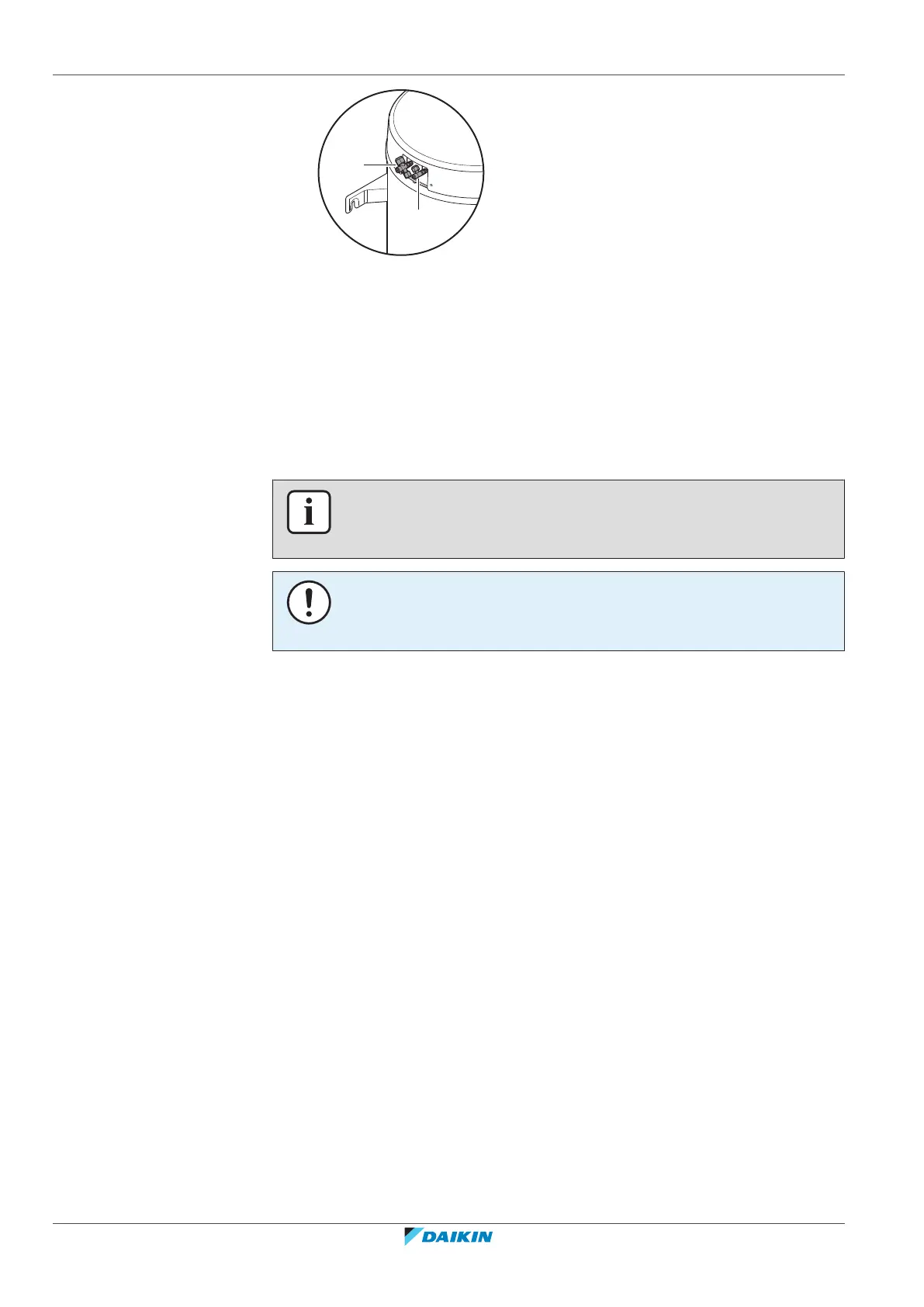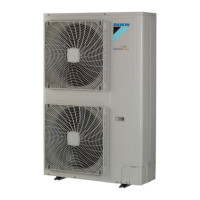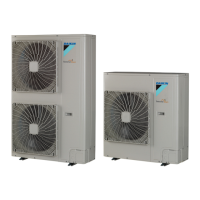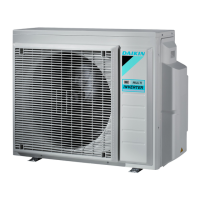8 | Piping installation
Installer reference guide
40
EKHWET90~120BAV3
R32 Split series – Domestic hot water tank
4P680077-1 – 2021.11
a Refrigerant liquid stop valve
b Refrigerant gas stop valve
2 Connect the gas stop valve from the outdoor unit to the refrigerant gas stop
valve of the indoor unit.
8.3 Preparing water piping
8.3.1 Water circuit requirements
INFORMATION
Also read the precautions and requirements in the "2 General safety
precautions"[49].
NOTICE
In case of plastic pipes, make sure they are fully oxygen diffusion tight according to
DIN4726. The diffusion of oxygen into the piping can lead to excessive corrosion.
▪ Connecting piping – Legislation. Make all piping connections in accordance with
the applicable legislation and the instructions in the "Installation" chapter,
respecting the water inlet and outlet.
▪ Connecting piping – Force. Do NOT use excessive force when connecting the
piping. Deformation of the piping can cause malfunctioning of the unit.
▪ Connecting piping – Tools. Only use appropriate tooling to handle brass, which is
a soft material. If NOT, pipes will get damaged.
▪ Connecting piping – Air, moisture, dust. If air, moisture or dust gets into the
circuit, problems may occur. To prevent this:
- ONLY use clean pipes.
- Hold the pipe end downwards when removing burrs.
- Cover the pipe end when inserting it through a wall, to prevent dust and/or
particles from entering the pipe.
- Use a decent thread sealant to seal connections.
- When using non-brass metallic piping, make sure to insulate both materials
from each other to prevent galvanic corrosion.
- Because brass is a soft material, use appropriate tooling for connecting the
water circuit. Inappropriate tooling will cause damage to the pipes.
▪ Glycol. For safety reasons, it is NOT allowed to add any kind of glycol to the
water circuit.
▪ Piping length. It is recommended to avoid long runs of piping between the
domestic hot water tank and the hot water end point (shower, bath,…) and to
avoid dead ends.
